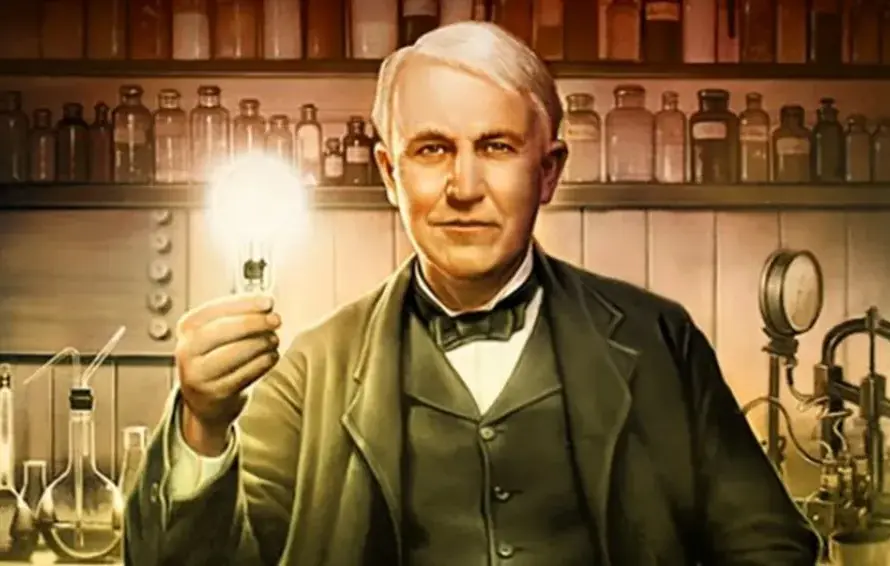Founders and investors play complementary but distinct roles in the startup ecosystem. Founders are visionaries who build and scale businesses, while investors provide capital, guidance, and network support. While both share the ultimate goal of fostering successful companies, their skill sets and mindsets often differ significantly. However, there are instances where founders transition into investors and vice versa. While this shift can be successful, it also comes with unique challenges.
Why Great Founders May Not Be Great Investors
Transitioning from a founder to an investor may seem like a natural progression, but not all founders excel in the investment world. Here’s why:
1. Bias Toward Execution
Founders thrive on execution. They are hands-on, solution-oriented, and driven to overcome obstacles. However, this strong bias toward execution can hinder their ability to evaluate businesses objectively. When investing, it’s crucial to assess market potential, leadership, and scalability without assuming that sheer execution will guarantee success. Founders may overestimate their ability to replicate past wins in different industries or underestimate challenges they haven’t faced before.
2. Emotional Attachment
Investing requires a level of detachment and objectivity. Successful investors analyze startups based on data, market trends, and risk assessments rather than personal experiences or emotional inclinations. Former founders, however, may struggle with making unbiased decisions, often favoring ideas or teams that resemble their own entrepreneurial journey rather than evaluating each opportunity purely on its merits.
3. Portfolio Management Challenges
As a founder, the primary focus is on a single company, ensuring its success through relentless dedication. Investors, however, spread their capital and efforts across multiple ventures, managing risks through diversification. This shift from concentrated execution to diversified decision-making is not always intuitive for founders, who might find it difficult to balance and allocate resources across a portfolio effectively.
Why Great Investors May Not Be Great Founders
While investors bring financial expertise and strategic insight, the transition to becoming a founder presents its own set of challenges. Here’s why great investors don’t always make great entrepreneurs:
1. Risk Appetite Differences
Investors operate by mitigating risk across a portfolio, ensuring that their capital is spread across multiple opportunities. Founders, on the other hand, must take concentrated risks, betting everything on a single idea. This deep, singular commitment can be daunting for investors who are accustomed to hedging their bets.
2. Lack of Hands-on Leadership Experience
Investors excel at analyzing market trends, assessing business models, and providing strategic advice, but they may lack the hands-on execution skills required to run a startup. A great founder must manage teams & culture, build products, secure customers, and handle operational challenges—skills that don’t always translate from investment experience. Founders must enable an environment of motivation, problem-solving, and hands-on leadership, which can be a steep learning curve for investors attempting to build a startup from the ground up.
3. Struggle with Unstructured Decision-Making
Investors are used to structured frameworks, due diligence processes, and relying on data-driven analysis. However, startups often operate in ambiguous environments where decisions must be made quickly with incomplete information. Investors who become founders may find it challenging to navigate this uncertainty and make instinct-driven decisions without extensive data backing them up.
The Exceptions: When Transitions Work
Despite these challenges, some founders successfully transition into investors, leveraging their firsthand experience to identify high-potential startups. Similarly, some investors with deep industry expertise and an entrepreneurial mindset make the leap into founding companies. Those who can adapt, learn new skills, and embrace the mindset shift are more likely to succeed in their new roles.
Ultimately, while founders and investors operate with different mindsets, they are two sides of the same coin – each essential to the success of the other yet uniquely suited to their respective roles. The most successful individuals in either role are those who recognize and bridge these gaps effectively. Whether transitioning from founder to investor or investor to founder, the key lies in adaptability, continuous learning, and an awareness of one’s strengths and limitations.
Author
Ashish Padiyar


